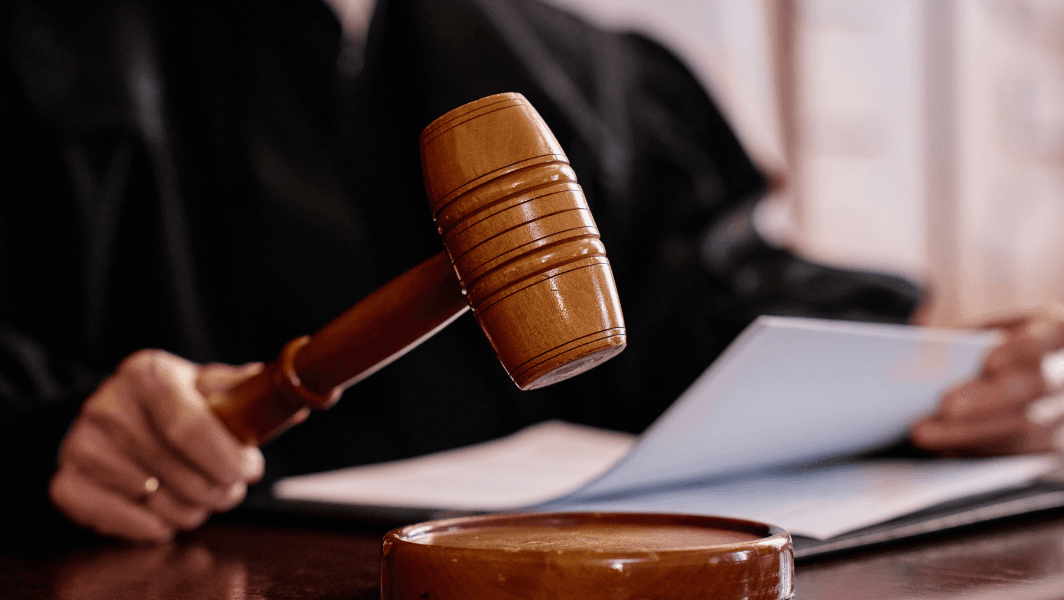
Judge Sanctions Lawyers for Using AI-Generated Fake Cases in Walmart Lawsuit
Legal Professionals Fined for Citing Non-Existent Cases Produced by Artificial Intelligence
In a notable legal development, a federal judge has imposed fines totaling $5,000 on three attorneys involved in a personal injury lawsuit against Walmart. The sanctions were levied after the lawyers cited fictitious case law generated by an artificial intelligence program in their court filings.
Incident Overview
The case centers on allegations that a defective hoverboard, manufactured by Jetson Electric Bikes and sold by Walmart, caused a house fire resulting in significant property damage and personal injuries. During the proceedings, the plaintiffs' legal team submitted a brief referencing nine case precedents that, upon review, were found to be non-existent. The citations were produced by an internal AI tool that "hallucinated" the cases, leading to their inadvertent inclusion in the legal document.
Judicial Response
U.S. District Judge Kelly Rankin addressed the misconduct by imposing the following sanctions:
-
Rudwin Ayala: Fined $3,000 and removed from the case. Ayala admitted to using the flawed AI program without verifying the authenticity of the generated citations.
-
T. Michael Morgan and Taly Goody: Each fined $1,000 for failing to adequately review and confirm the accuracy of the filings before submission.
Judge Rankin emphasized the ethical obligation of attorneys to ensure the validity of their sources, stating that the transition to AI does not absolve legal professionals from conducting reasonable inquiries into existing law.
Broader Implications
This incident highlights the emerging challenges and responsibilities associated with integrating AI into legal practice:
-
Reliability of AI Tools: The phenomenon of AI "hallucinations," where AI systems generate plausible yet false information, underscores the necessity for human oversight and verification in legal contexts.
-
Ethical Considerations: Legal practitioners are reminded of their duty to maintain accuracy and integrity, regardless of technological advancements. The use of AI does not diminish the requirement for meticulous validation of all legal references.
-
Educational Imperatives: The legal community is encouraged to pursue ongoing education regarding AI technologies to competently navigate and supervise their application within the profession.
As AI continues to permeate various sectors, this case serves as a cautionary tale, illustrating the potential pitfalls of overreliance on automated systems without appropriate safeguards. It reinforces the principle that, while technology can augment legal work, it cannot replace the critical judgment and due diligence that are the hallmarks of competent legal practice.
For any enquiries or information, contact info@thelawreporters.com or call us on +971 52 644 3004. Follow The Law Reporters on WhatsApp Channels